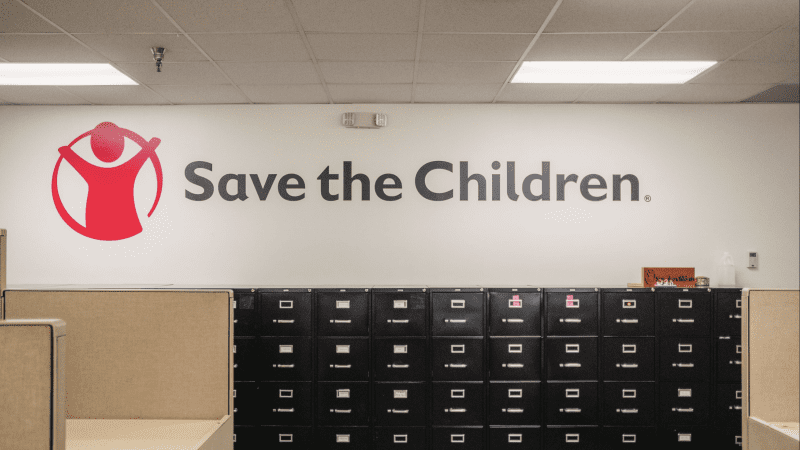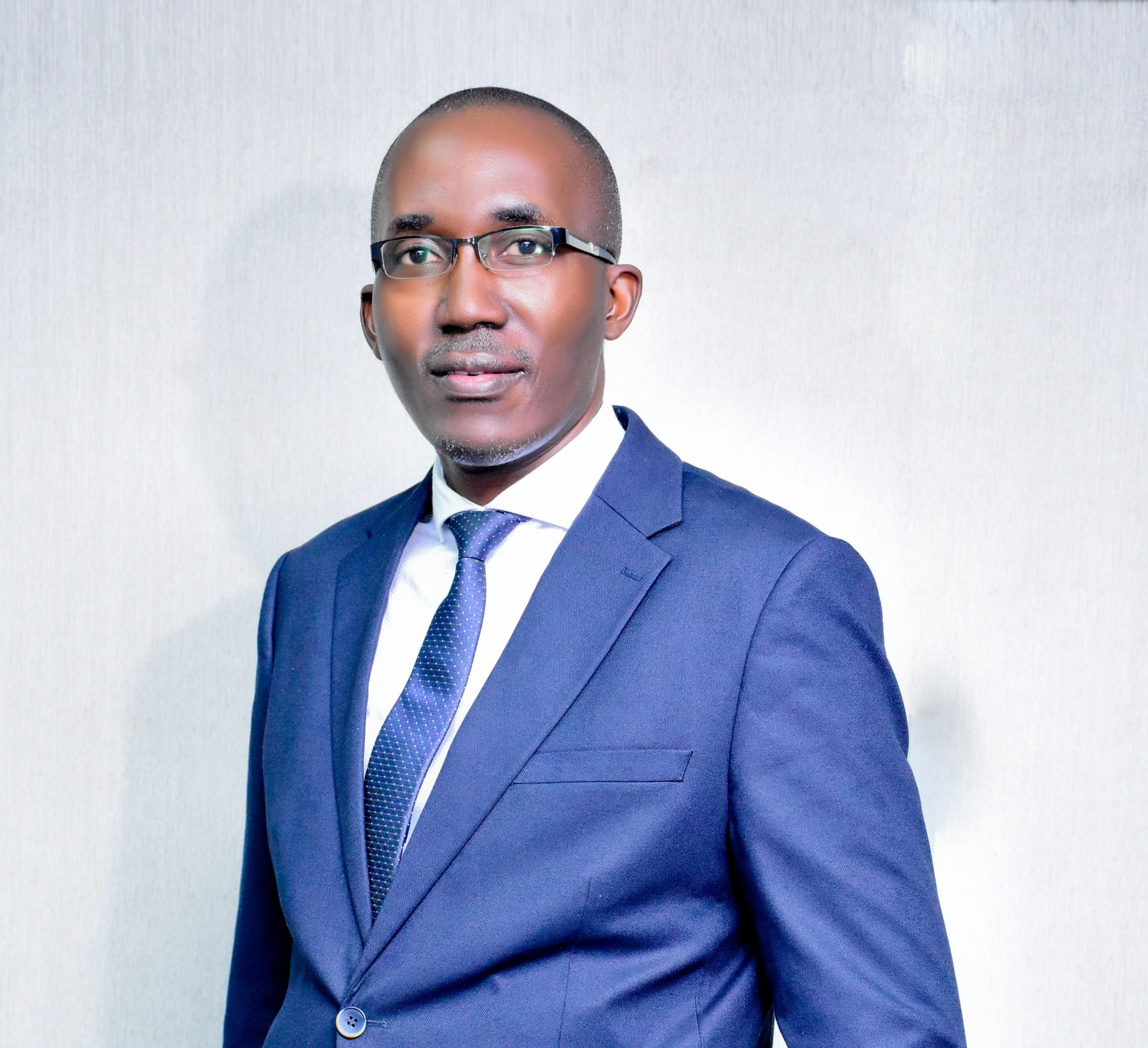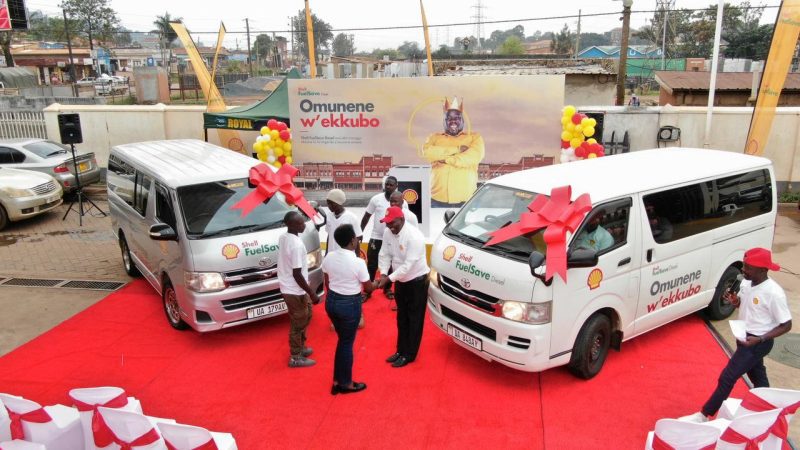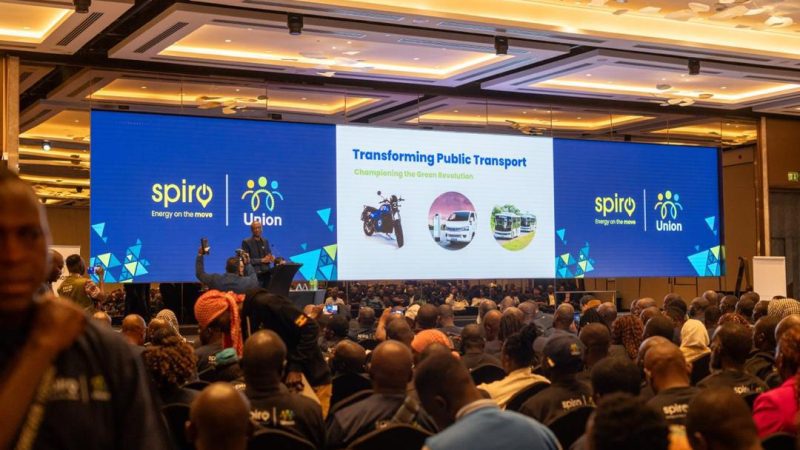By: Michael Jjingo
“Success today requires the agility and drive to constantly rethink, reinvigorate, react, and reinvent”, Bill Gates. Being agile entails questioning, learning, and growing! Leaning into continuous improvement. Agility means that we are faster than our competition. This way of thinking that helps teams adapt to change, and staying flexible to achieve high performance results, rather than struggle around it.
Better to adapt quickly to market changes – faster go to market. Respond rapidly and flexibly to customer needs. Agility is about doing as opposed to being paralyzed by over planning; in agility you get the minimal necessary requirements and start working.
Agility in a business does improve productivity, but that’s not the only benefit it provides. With more flexibility, speed and better employee engagement, the outcome is much better. Not only does agility improve efficiency and workflows, but it also creates an improved work environment.
Using agility, organizations can increase the speed of decisions and product development, as well as shorten the time between the conception and release of a product (or time to market), which many businesses struggle to achieve.
As a matter of agility, Coca-Cola developed healthier beverage alternatives for health-conscious customers. The new options, Coca-Cola Zero Sugar and Diet Coke, helped the company keep up with market trends by adapting to changes in consumer tastes and preferences.
We need to learn from yesterday, as we hope for tomorrow. The important thing is not to stop questioning. As agile organizations, teams, and team members, we must constantly question what could be better in order to continually improve. Agility develops leadership capability by providing opportunities for their people to lead.
Perfection is a fallacy that leads to over planning, procrastination, and failure to ship; agile is about focusing on delivering the best thing possible in a set time period. This gives teams and individuals ownership of their work and accountability to the team and organization, so that you can care to make things better.
A core principle of agile is working at a constant pace, which in turn enables you to deliver at a constant pace, as opposed to working sporadically and delivering nothing. Never give up. In agile as in life there will be hiccups, but the iterative nature of agile makes it easy to do a retrospective and learn from our mistakes then move on to the next sprint and do better.
Agility recognises that emotion is an important part of the human experience, and when individuals work with their emotions, they achieve more of their potential. It works best when the staffs are enabled, engaged and energized. Empowering individuals is a necessary skill of the Agile Leader as they balance the emerging needs and tensions of the organisation.
Innovation and creativity rely heavily on respect that the Agile Leader encourages by being accessible, open, honest and transparent whilst expecting the same from others. We will inevitably run into challenges; the key is to learn from these challenges and overcome them through standups and retrospectives.
Agile Leaders value high quality thinking which will result in meaningful action. Agile Leaders view problems from many different angles. This also means allowing thinking time and focusing on the highest priorities at any given time.
Agility is based on high trust, respect and meaningful working relationships. It promotes forgiveness, positivity, generosity and gratitude that are important parts of a healthy working environment. Agile Leaders model giving effective feedback that is open, honest and respectful.
People who are close to a problem usually have the best ideas about how to solve it. Agility opens them to the influence and ideas of others, regardless of their status or position. Agility fosters the flow of creativity by helping people to understand which ideas were useful and which were not.
It’s not enough to have the daily stand-up and a sprint planning meeting every week/fortnight. Working as an agile team also means that every member of this team has the right mindset. Additionally to that, you may experience that an agile development team in a bigger company depends on the mindset of every other department, too.
He writer is the General Manager Commercial Banking at Centenary Bank









